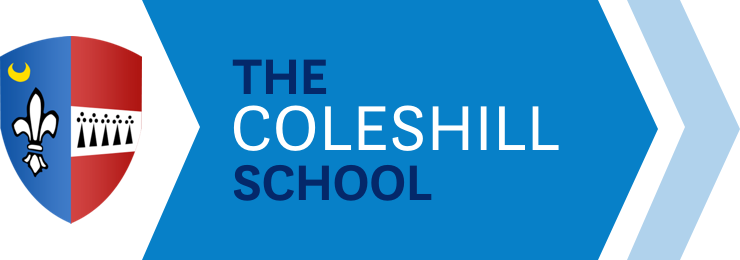Understanding My Child’s Report
WHEN DO I RECEIVE MY CHILD’S REPORT?
Reports for pupils in Years 7-10 & 12 will be issued at the end of the autumn term and at the end of the summer term; for years 11 and 13 the second report will be issued in spring.
The report focuses on the progress that your child is making and their attitude to learning in each subject. The report also contains important information about your child’s attendance and the number of rewards they have accumulated since the beginning of the academic year.
Our aim is to provide meaningful opportunities for assessment and feedback, which equip our students to know, remember and do more. To achieve our aim, teachers are required to have an understanding of the age-related knowledge and skills that a child should have learnt at a point in their schooling. It is the goal, in our school, for all children to be working to at least the Age-Related Expectation, and for many to be demonstrate Mastery for each unit of work. At KS3, Age-Related Expectations will be reported using four words (Mastery, Established, Developing & Emerging). At KS4 & 5, Age Related Expectations will be reported using Target Grades and pupil Projected Grades.
UNDERSTANDING MY CHILD’S REPORT
Regular reports home will show your child’s Progress and their Attitude to Learning. In addition, reports contain information on behaviour and attendance/punctuality.
Please view the tutorial below for more information on how to read your child’s report.
KS3 REPORTS
A student’s progress is reported as a word as outlined below. Teachers have made this decision based on classwork, homework and other assessments, comparing the quality of these against Age Related Criteria.
Mastery – A Mastery pupil is working above Age Related Expectations. They have mastered the key subject specific criteria and are exploring further opportunities and questions raised by a subject. A Mastery pupil often confidently attempts more challenging work
Established – An Established pupil is working at Age Related Expectations. They can demonstrate a good understanding of all the key subject specific criteria.
Developing – A developing pupil is working slightly below Age Related Expectations. They are showing an increased awareness of subject specific criteria. A Developing pupil may struggle with some of the more complex skills.
Emerging – An Emerging pupil is working below Age Related Expectations. They are just beginning to learn subject specific key criteria. An Emerging pupil may require additional scaffolding and support.
It is our aim at The Coleshill School for all children to aspire to be established in all subjects. For a child to be assessed as ‘Established’ (working at the expected standard) they will need to have achieved and have evidence of being able to work consistently at the Age-Related Criteria (ARC) specified by expect Subject Leads.
KS4 REPORTS
A student’s progress is measured by giving a target grade and a predicted grade.
Target Grade: A target grade is based on your child’s progress at primary school, they have been given a target grade for each subject which, as a minimum, they should be aiming to achieve by the end of Year 11.
Predicted Grade: A predicted grade is the grade your son/daughter is most likely to achieve by the end of the Year 11 based on their current performance. Teachers have made this decision based on classwork, homework and other assessments.
CHANGES TO GCSE GRADING
The GCSEs in England have changed to make them more demanding. These new GCSEs are better at equipping young people with the knowledge and skills they need to succeed in 21st century Britain and match the best performing education systems in the world.
The new qualifications are the result of a long and careful process of reform, which involved extensive consultation with schools, universities and employers.
GCSEs have changed gradually over the past few years:
- In the summer of 2017, the first reformed GCSEs were introduced in English language, English Literature and maths.
- In 2018, a further 20 new GCSE subjects were introduced. These included sciences, history and geography, and some modern foreign languages
- In 2019, a further 25 new GCSEs were examined for the first time
- By 2020, all GCSEs in England are now graded using numbers instead of letters
The grading scale now runs from 9 to 1 instead of A* to G, with 9 the highest grade.

The new scale recognises more clearly the achievements of high-attaining students, as the additional grades allow for greater differentiation.
HOW CAN PARENTS/CARERS HELP IMPROVE MY CHILD’S OUTCOMES?
If you have queries about progress or engagement in a single subject, please contact the teachers or Curriculum Leaders of that subject directly via the school website.
RESOURCE FOR PARENTS/CARERS TO USE WITH THEIR CHILD

